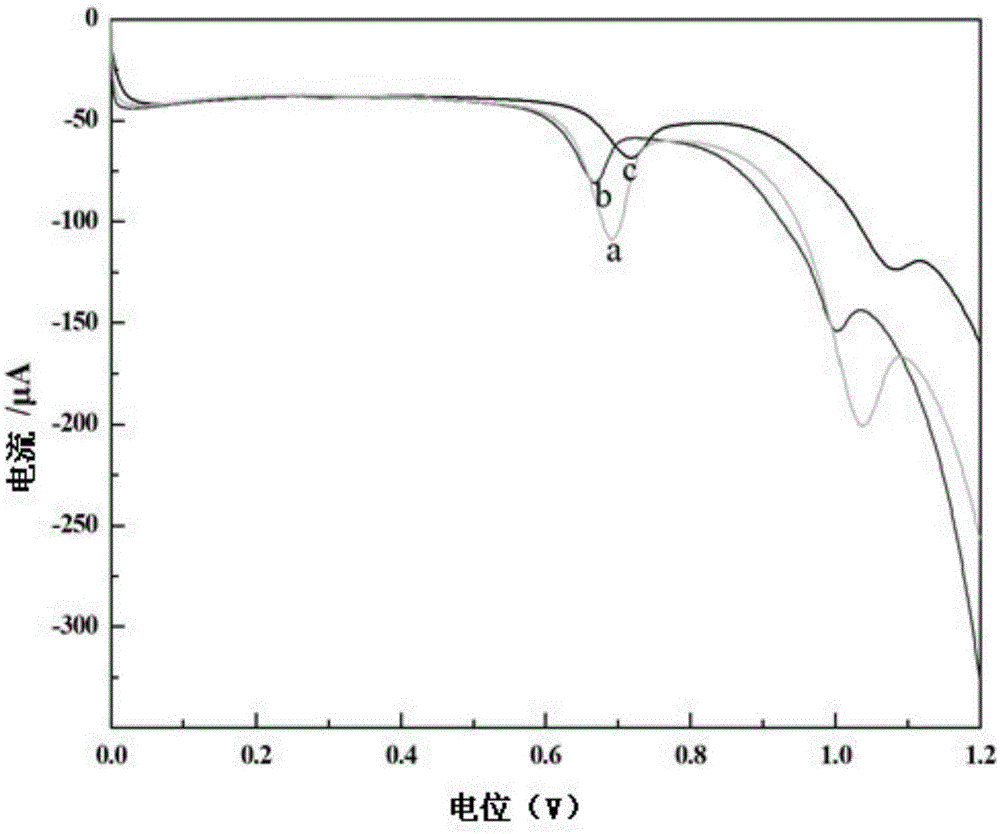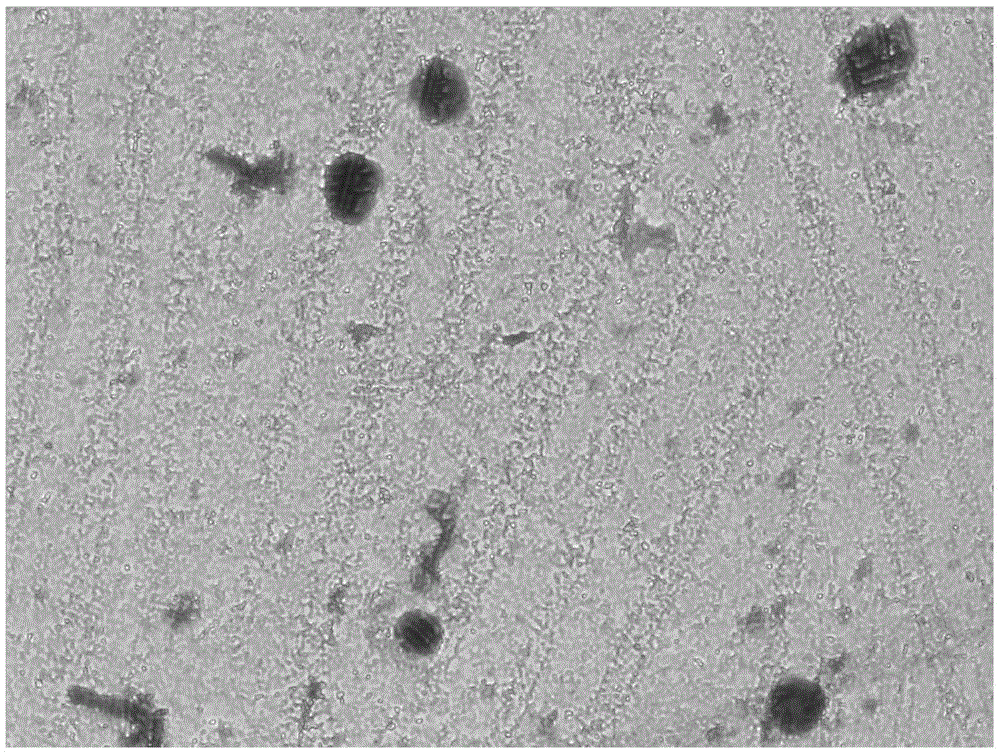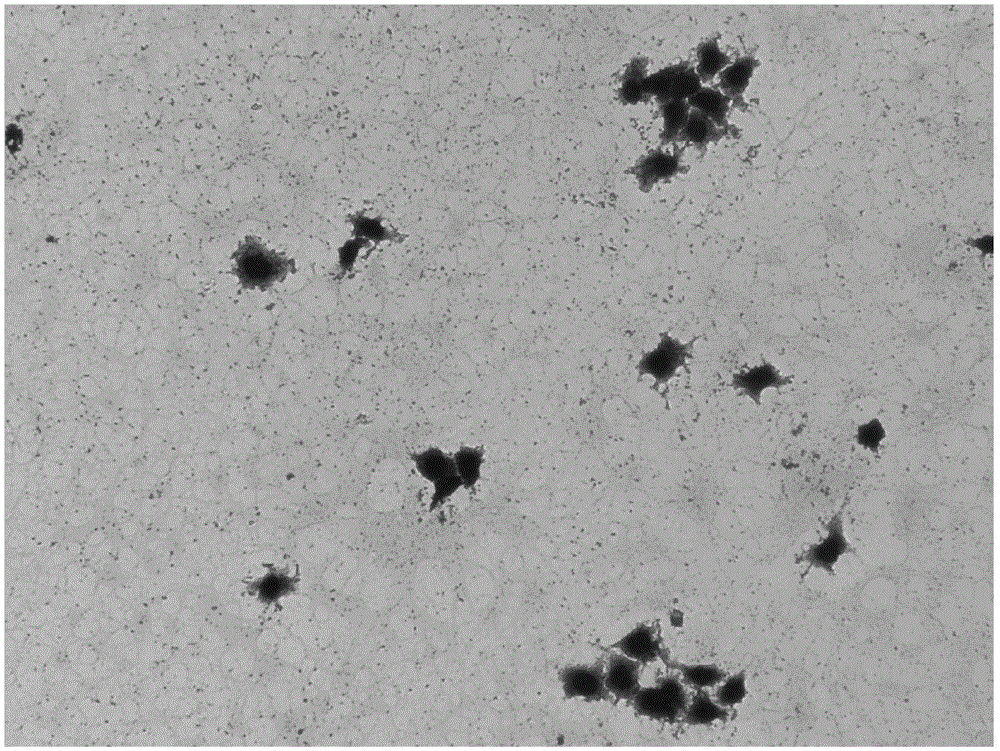Cell pre-treatment method of electrochemical detection
An electrochemical and cellular technology, applied in the direction of electrochemical variables of materials, etc., can solve the problems of incomplete release of electroactive substances and inability to truly reflect changes in cell activity. The effect of the degree of lysis
- Summary
- Abstract
- Description
- Claims
- Application Information
AI Technical Summary
Problems solved by technology
Method used
Image
Examples
specific Embodiment approach 1
[0011] Specific embodiment 1: In this embodiment, a cell pretreatment method for electrochemical detection is a cell in situ complex lysis method. 2 Cultivate in an incubator with a volume concentration of 5% for 24 hours, then remove the medium, add hypotonic lysate, and adjust the concentration of cells to be detected to 5×10 4 ~5×10 8 cells mL -1 , and then under the condition of 30-70°C water bath, crack for 30-60 minutes, which is complete.
[0012] This specific embodiment combines the hypotonic lysis method on the basis of the cell heating lysis method, that is, replaces the hypertonic PBS solution with a hypotonic solution such as double distilled water, so that the surrounding environment of the cells is a hypotonic solution, and at the same time assists in heating to achieve double effects. , causing the cells to absorb a large amount of water and swell, thereby strengthening the degree of cell lysis until the cell membrane finally ruptures, thereby realizing the c...
specific Embodiment approach 2
[0013] Embodiment 2: The difference between this embodiment and Embodiment 1 is that the medium is DMEM high-glucose medium. Other steps and parameters are the same as those in the first embodiment.
specific Embodiment approach 3
[0014] Embodiment 3: This embodiment differs from Embodiment 1 or Embodiment 2 in that: the method for removing the culture medium is to use a pipette gun to absorb the culture medium, and wash it three times with isotonic PBS buffer. Other steps and parameters are the same as those in Embodiment 1 or 2.
PUM
 Login to View More
Login to View More Abstract
Description
Claims
Application Information
 Login to View More
Login to View More - R&D
- Intellectual Property
- Life Sciences
- Materials
- Tech Scout
- Unparalleled Data Quality
- Higher Quality Content
- 60% Fewer Hallucinations
Browse by: Latest US Patents, China's latest patents, Technical Efficacy Thesaurus, Application Domain, Technology Topic, Popular Technical Reports.
© 2025 PatSnap. All rights reserved.Legal|Privacy policy|Modern Slavery Act Transparency Statement|Sitemap|About US| Contact US: help@patsnap.com



